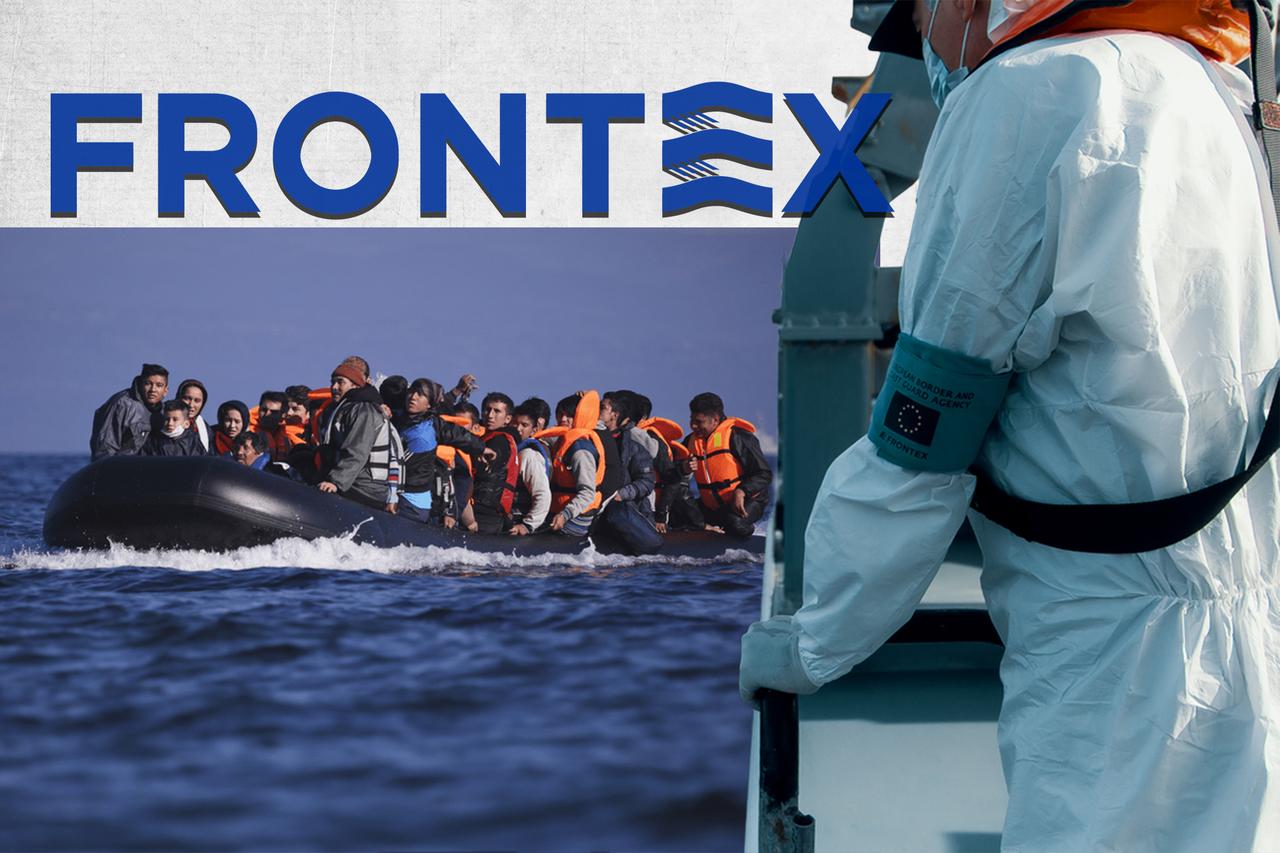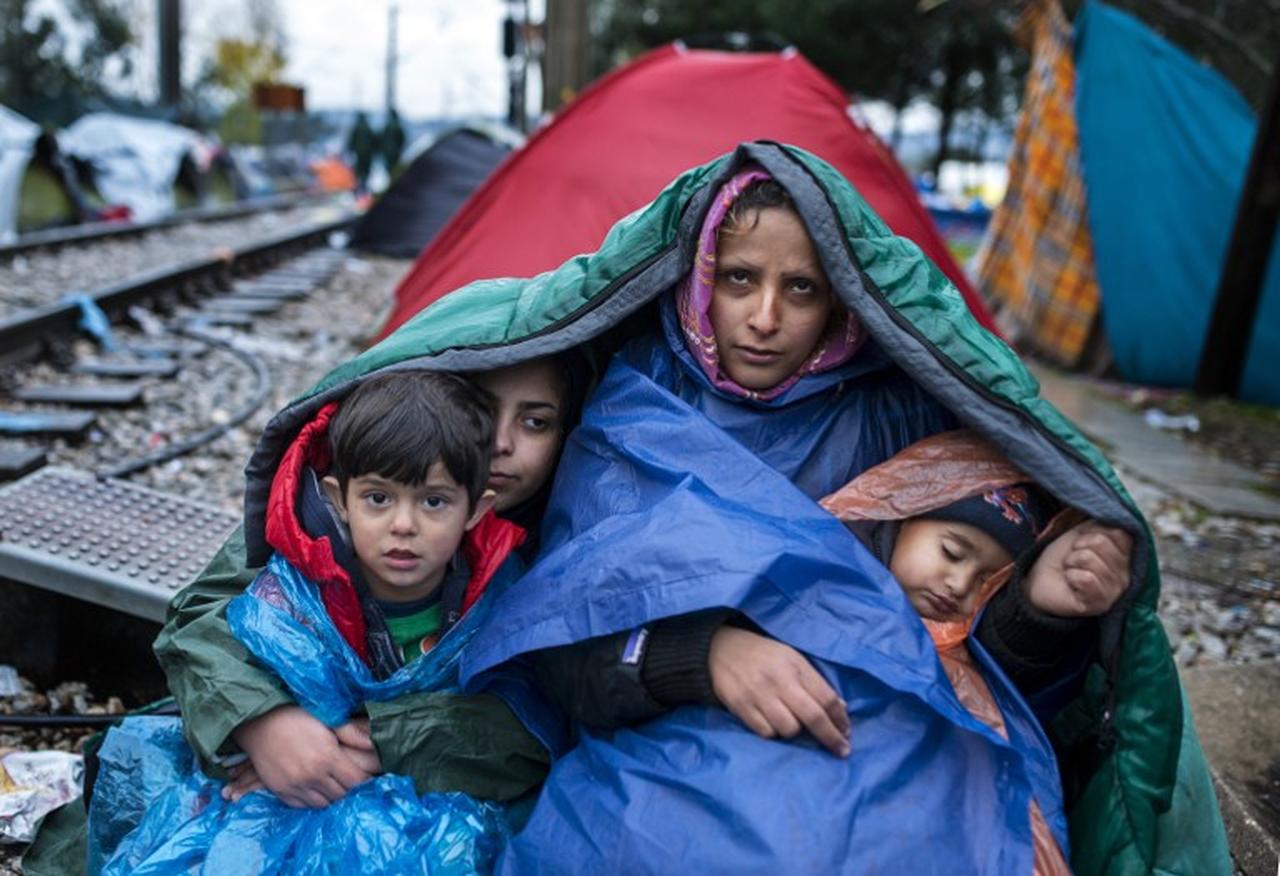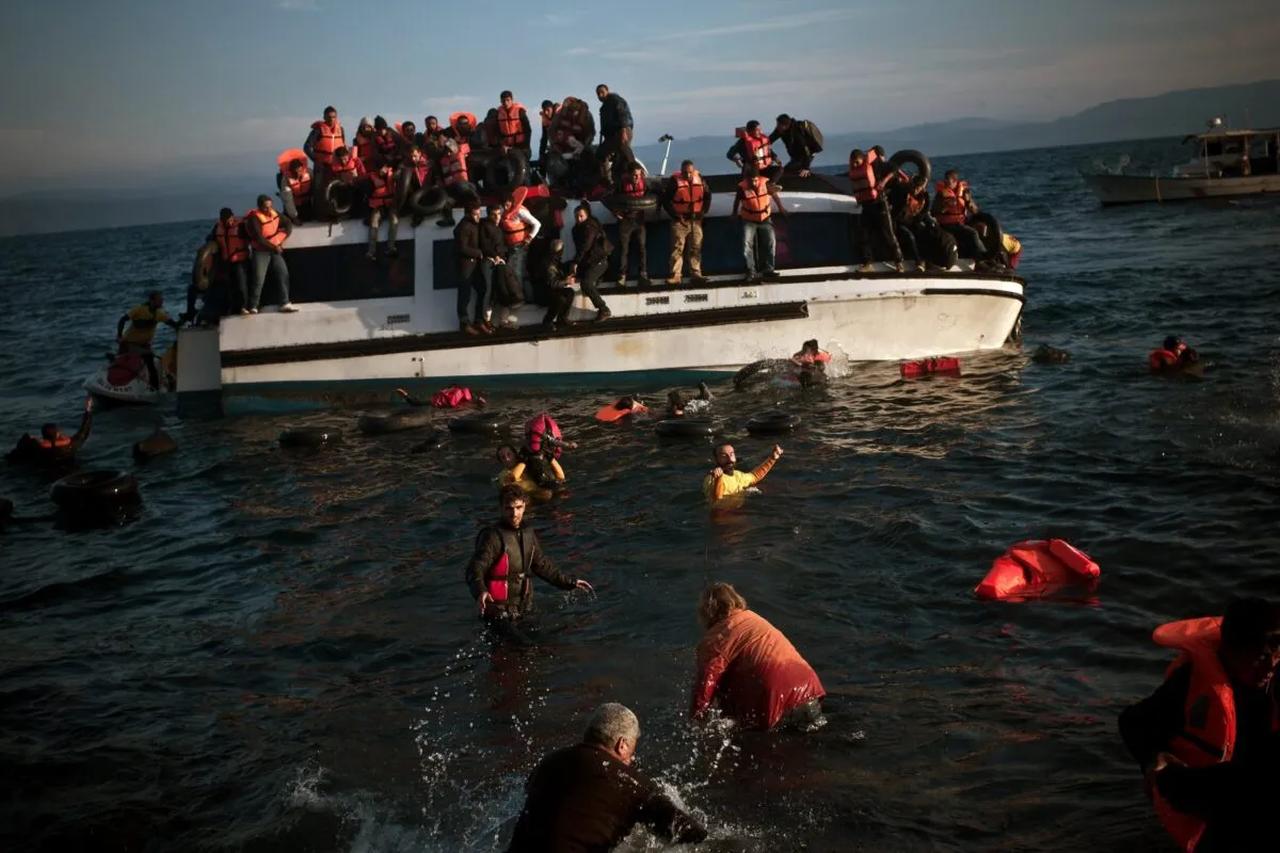
The European Union border agency Frontex emphasized its commitment to human rights across its operations, particularly in the Aegean Sea, amid increasing scrutiny over reported violations at the EU’s external borders.
Speaking exclusively to Türkiye Today, Frontex Spokesperson Chris Borowski stated, "Fundamental rights are at the heart of our operations. In recent years, we've made real progress in strengthening how we monitor and protect these rights across all our activities."
"This includes increasing the number of Fundamental Rights Monitors, improving how serious incidents are reported, and making sure every officer involved in our operations is aware of their responsibilities when it comes to upholding rights and dignity," he added.

Borowski stressed that in the Aegean region, Frontex maintains its support for border operations with an emphasis on transparency, cooperation, and safeguarding fundamental rights.
"We work closely with the relevant national authorities and are committed to constructive dialogue and continuous improvement. Our approach is not only to assist on the ground but also to encourage strong safeguards and accountability mechanisms," he added.

While the agency does not conduct operations in Türkiye, Borowski confirmed that Frontex remains in regular contact with Turkish authorities and has a liaison officer based in Türkiye to facilitate dialogue and coordination.
"We see this as an important part of building trust and promoting responsible migration management on both sides of the border," he said.
Meanwhile, Council of Europe Commissioner for Human Rights Michael O’Flaherty released a memorandum following his February visit to Greece, raising concerns over reported human rights violations related to Greece’s border and migration policies.
O’Flaherty warned that “the continued reports of pushbacks at both land and sea borders” are alarming. He expressed concern that irregular migrants were allegedly returned without proper identification procedures, which may constitute a violation of Article 3 of the European Convention on Human Rights, prohibiting torture and inhuman or degrading treatment.
He urged the Greek government to conduct "immediate, impartial, thorough, and effective" investigations into these allegations. Furthermore, O’Flaherty called for a review of Greece’s accountability mechanisms, emphasizing the need to address deficiencies impacting their effectiveness and independence.
He also stressed the importance of ensuring an environment where civil society and human rights organizations protecting the rights of asylum seekers and migrants can operate freely.